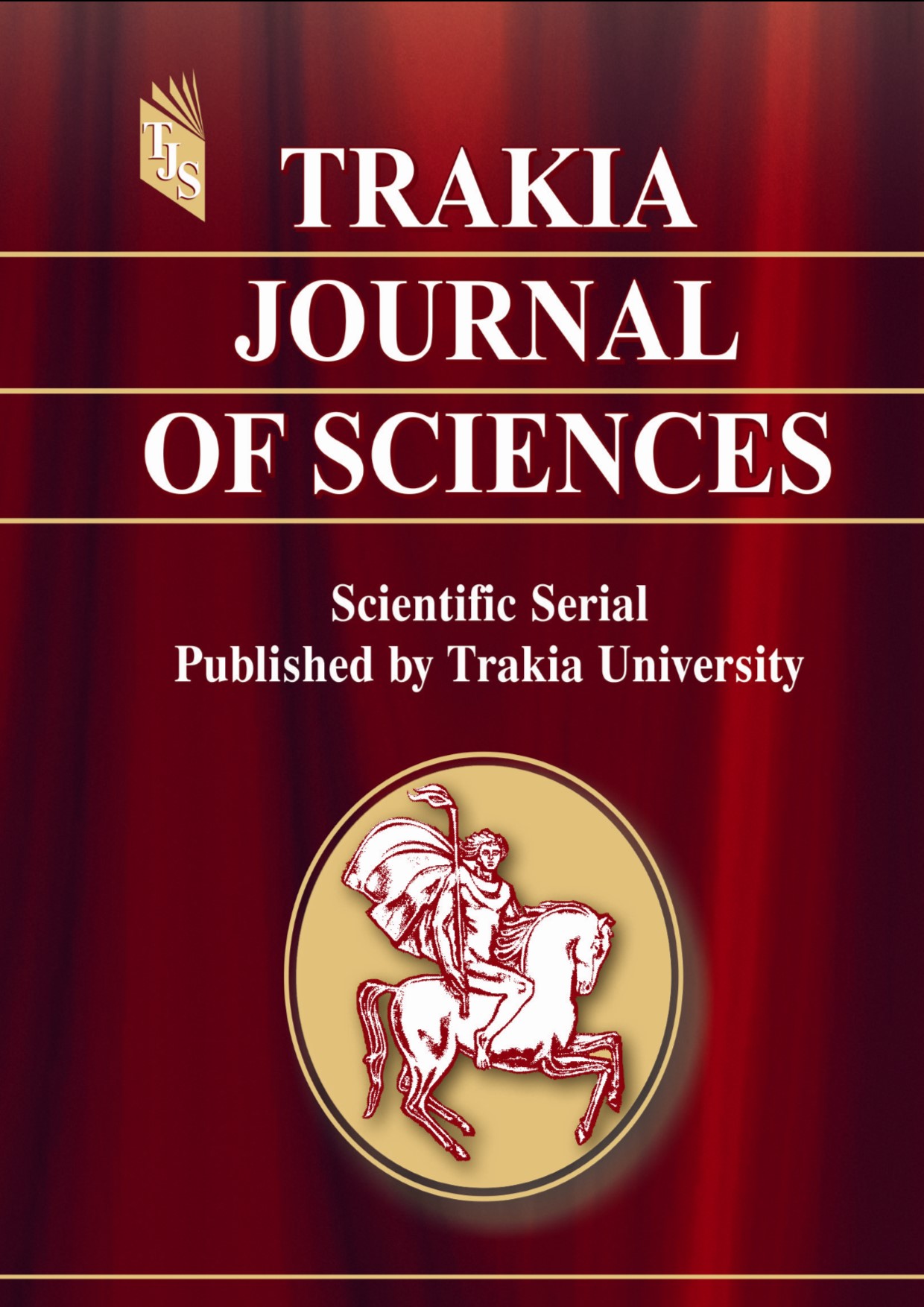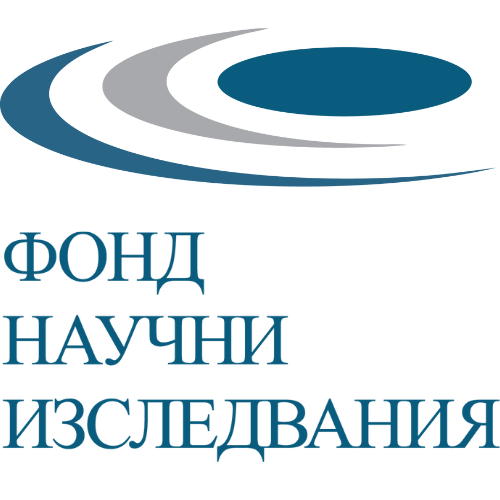THE ROLE OF INTELLIGENT TECHNOLOGIES IN ENHANCING THE COMPETITIVENESS OF SPORTS CLUBS AND THEIR IMPACT ON REGIONAL DEVELOPMENT
DOI:
https://doi.org/10.15547/tjs.2025.s.02.043Keywords:
Intelligent technologies, Sport Business, Sports competitiveness, Regional developmentAbstract
The integration of intelligent technologies into the sports industry has led to profound transformations in how sports organizations function and sustain competitive advantage. This study examines the role of such technologies in enhancing the competitiveness of sports clubs while evaluating their broader impact on regional economic and social development. The main objective is to analyze how digital tools such as artificial intelligence, big data analytics, fan engagement platforms, and smart infrastructure - contribute not only to athletic and financial advancement but also to the stimulation of local business, tourism, and regional identity. The methodological approach combines theoretical review, comparative analysis, and real-world case studies. Findings are expected to demonstrate that the adoption of intelligent technologies enhances organizational performance and long-term sustainability, while also expanding the social function of sport in the context of regional development. The study aims to offer applicable insights for both sports management practices and regional innovation policies.
References
Wiśniewski, A. (2020). Competitiveness of sports market enterprises: determinants, classification, challenges. Ekonomia i Prawo. Economics and Law, 19(2), 367–377. https://doi.org/10.12775/EiP.2020.024
Gill, S. A., Javed, S., Naseer, A., & Rajab, S. (2024). Usage of Artificial Intelligence Reshapes the Prevailing Scenario of Today Sports at the Globe. THE SPARK" A HEC Recognized Journal", 9(1), 1-8.
Hu, T., Wang, X., He, Q., & Bei, J. (2024). Coupling development of sports industry and tourism industry based on internet of things. PLOS ONE, 19(4), e0299080. https://doi.org/10.1371/journal.pone.0299080
Rausch, L., Burtscher, J., & Ruedl, G. (2024). How to Embrace Interdisciplinarity in Sport Science. Current Issues in Sport Science (CISS). https://doi.org/10.15203/CISS_2024.11515
Ribeiro, A.M, Sousa, B. B., & Goncalves. (2025). The Relationship between Sports Clubs and Regional Development: Destination Management in Barcelos (Portugal).
Zhang, W., Jia, C., Liu, Z., & He, P. (2025). Strategies for enhancing the value of the sports tourism industry supported by multi-sensor network technology. Wireless Networks, 31(2), 1587–1599. https://doi.org/10.1007/s11276-024-03470-w
Kozma, G., Teperics, K., & Radics, Z. (2014). The changing role of sports in urban development: A case study of Debrecen (Hungary). The International Journal of the History of Sport, 31(9), 1118–1132. https://doi.org/10.1080/09523367.2014.927457
Milusheva, V. (2012). Methodology for Assessment and Analysis of Industrial Firm Competitiveness. (4), 95–104.
Valchev, V. (2024) Tendencies in the implementation of smart technologies in the sports industry. Industrial Growth Conference 2024, Az-buki National Publishing House, 246-257, https://doi.org/10.53656/igc-2024.16
Greenfly. (2023). How Sports Teams Use AI to Drive Fan Engagement. Retrieved from https://www.greenfly.com/blog/social-media-in-sports/
Mallen, C. (2019). Sport Facility Operations Management: A Global Perspective (3rd ed.). Routledge.
Ivich, D. (2023). Fan engagement strategies in digital sport ecosystems. Sports Business Journal, 15(2), ttps://www.footballbusinessinside.com/artificial-intelligence-for-fan-involvement-in-football
Allied Market Research. (2024). Artificial Intelligence in Sports Market Size. Retrieved from https://www.alliedmarketresearch.com/artificial-intelligence-in-sports-market-A12905
Deloitte (2023). Sports Industry Outlook 2023: Navigating disruption in a changing landscape. https://www.deloitte.com/gh/en/Industries/tmt/perspectives/sports-industry-outlook.html
Porter, M. E. (2001). The competitive advantage of nations. Harvard business review, 68(2), 73-93.
Schmidt, S. L., Gracht, H. A., Beiderbeck, D., & Heidemann, G. (2023). AI, blockchain, and immersive technologies: metaversal business models of professional football clubs in 2030.
Tadesse, M. (2024). The Production of Smart Cities: An Analysis of Barcelona and Toronto.
Liu, X., He, L., Chen, N., & Chen, K. (2025). Land redevelopment based on sports and cultural projects: A study on the regeneration of old industrial areas in Dortmund, Germany. Journal of Natural Resources, 40(1), 112–124. https://doi.org/10.31497/zrzyxb.20250112
Poulsen, N. J. L. (2021). Digital transformation in sports.
Li, X. (2024). Innovative Management and Economic Analysis of Business Models in Sports Enterprises: Enhancing Competitiveness Through Strategic Practices. Revista de Psicología del Deporte (Journal of Sport Psychology), 33(3), 93-104.
Larsen, F. R. (2023). Market Entry for Danish Sports Tech Companies to the UK Market.
Baroncelli, A., & Ruberti, M. (2022). Smart sport arenas make cities smarter. In Managing Smart Cities: Sustainability and Resilience Through Effective Management (pp. 89-104). Cham: Springer International Publishing.
Jinga, G. (2024). Sports Marketing and Management: Strategies for Success in the Digital Age. Revista de Management Comparat International, 25(3), 586-594.
Ginesta, X., Ordeix, E., & Payne, G. (2024). STUDYING FC BARCELONA AS A CORPORATE BODY: How to Become a Global Entertainment Multinational in the Post-Covid Era. In FC Barcelona (pp. 159-173). Routledge.
Balzano, M., & Bortoluzzi, G. (2023). The digital transformation of soccer clubs and their business models. Impresa Progetto, 1.
Mohammadi, S., Pashaie, S., Ghaffarisadr, S. I., & Rayner, M. (2025). Opportunities and Challenges of Leveraging Artificial Intelligence (AI) in Sport Marketing. Advancing the Marketing Technology (MarTech) Revolution, 233-272.
Cacho-Elizondo, S., & Álvarez, J. D. L. (2020). Big data in the decision-making processes of football teams integrating a theoretical framework, applications and reach. Journal of Strategic Innovation and Sustainability, 15(2), 21-44.
Fernandes, A. L. P. (2024). AI in Sports: A Game-Changer for Performance.
FC Barcelona. (2023). Financial Report 2022/23: Net Profit of €30.4 Million Announced. Retrieved from: https://www.fcbarcelona.com/en/club/news/3703615/fc-barcelona-announces-after-tax-net-profit-of-304-million-euros-in-202223
Real Madrid. (2023). Financial Results 2022/23: Real Madrid Closes the Year with a €12 Million Net Profit. Retrieved from: https://madridistanews.com/en/news/detail/real-madrid-close-the-2022-23-financial-year-with-positive-result-of-12m-euros
Deloitte. (2023). Football Money League 2023. Deloitte Sports Business Group. https://www2.deloitte.com/uk/en/pages/sports/articles/deloitte-football-money-league.html
Manchester City FC. (2023). Annual Report 2022/23. Retrieved from: https://www.mancity.com/annualreport2023/wp-content/uploads/2023/11/manchester-city_annual-report_2022-23.pdf
Manchester City Council. (2024). Etihad Campus Progress Update. https://democracy.manchester.gov.uk/documents/s49601/Sports%20City%20Etihad%20Campus%20progress%20update.pdf
Lavin, J. M., & Jimenez-Sanchez, Á. L. V. A. R. O (2024). The case of the Santiago Bernabéu Stadium.

Downloads
Published
Issue
Section
License

This work is licensed under a Creative Commons Attribution-NonCommercial 4.0 International License.


